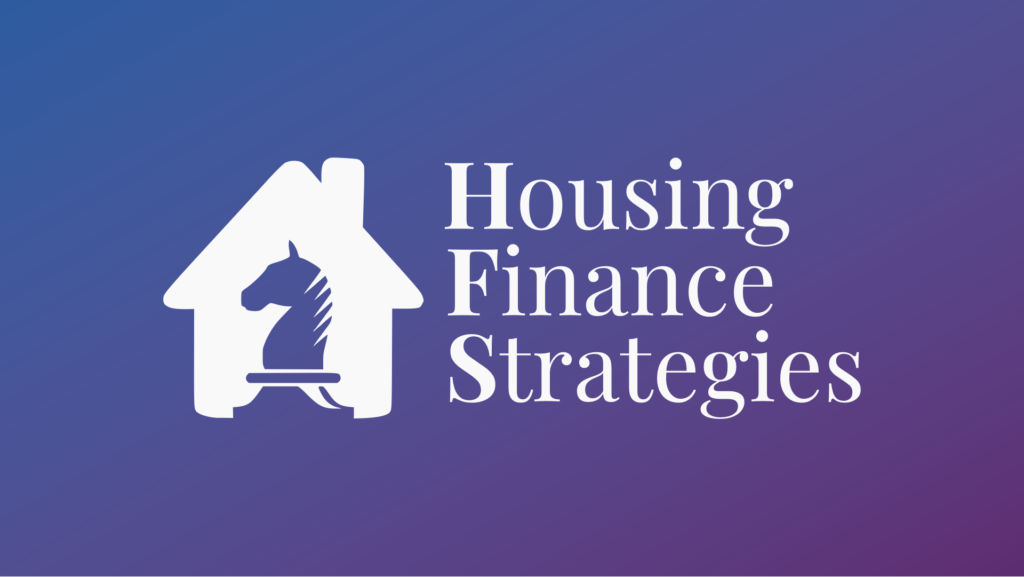As the nation watches 20+ democratic candidates engage in nationally televised debates, including this week in Detroit, party support is coalescing around four candidates who have each found double digit support in the majority of polling. We expect the road to the democratic convention next July in Milwaukee to have a number of twists and turns as the candidates’ battle for the nomination.
Today, the big four candidates (defined as top polling candidates at a point in time) are Joe Biden, Bernie Sanders, Elizabeth Warren and Kamala Harris.
Senators Warren of Massachusetts and Harris of California have released formal housing plans while former Vice President Biden and Senator Sanders have each discussed housing issues on the stump.
In this post, we examine what each top polling candidate brings to the housing debate; and as the plans crystalize, and other leading candidates emerge, we will update our coverage.
As the front-runner, we expect former Vice President Joe Biden to follow the housing policies advocated during the Obama/Biden administration. While Biden has yet to release his campaign’s housing policy goals, he has announced plans to ensure housing for those formerly incarcerated. By tying housing to criminal justice reform, the former Vice President addresses a weakness exposed by his competitors who have lamented Biden’s support of President Bill Clinton’s criminal justice reform policies.
Senator Bernie Sanders has not rolled out an official housing plan for his 2020 campaign. However, his 2016 plan is likely to be dusted off and re-released. In 2016, Sanders announced plans to expand the National Affordable Housing Trust Fund by $5 billion to construct, preserve and rehabilitate at least 3.5 million affordable housing units over ten years. In addition, Sanders has advocated a five point housing plan that: (1) Expands HUD and USDA first-time homebuyer programs, (2) expands pre-purchase counseling, (3) implements credit score reform, (4) prohibits predatory lending, and (5) protects tax benefits for homeownership.
Senator Elizabeth Warren’s housing platform is documented on her campaign website and in legislation she has introduced called the American Housing and Economic Mobility Act. In the plan, Senator Warren sets forth goals to invest $500 billion over the next 10 years in new affordable housing. She says her legislation would create 3 million new units and lower rents by 10%. The proposed legislation also makes additional targeted investments in specific communities. It invests $500 million in rural housing programs. It invests $2.5 billion in the Indian Housing Block Grant and the Native Hawaiian Housing Block Grant to build or rehab 200,000 homes on tribal land. And it invests $4 billion in a new Middle-Class Housing Emergency Fund, which will support the construction of new housing catering to middle-class renters in communities with severe housing supply shortages.
Senator Kamala Harris announced a 7 point housing plan that (1) includes a $100 billion investment in down payment and closing cost assistance administered by HUD and provided to four million homebuyers who rent or live in historically red-lined communities; (2) amends the Fair Credit Reporting Act to expand credit scoring to utility payments; (3) requires lenders to calculate DTI using an expanded source of income, such as non-traditional work or ‘gig economy’ wages; (4) strengthens anti-discrimination laws; (5) updates HMDA reporting to include a unique loan identifier; (6) expands HUD’s fair housing program; and (7) increases funding for homeowner education.
While housing policy is not a ‘raise your hand’ issue like immigration, universal healthcare or climate change, its effect on the populace cannot be underestimated. In a recent NPR poll, 75% of respondents said they would be more likely to vote for a candidate who articulated an affordable housing policy. We expect affordable housing issues to gain momentum and additional attention as the debate season unfolds.

